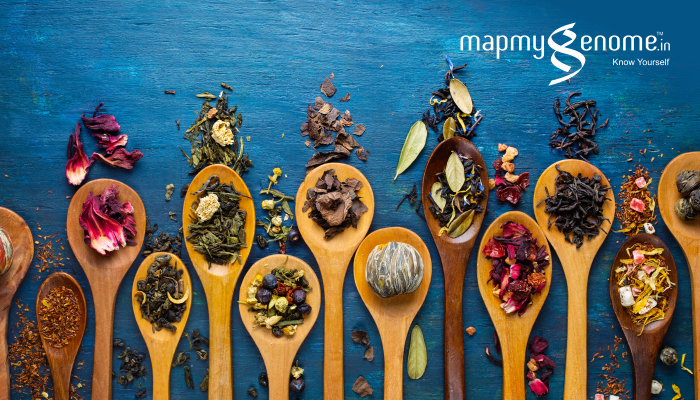Tea: Liquid Wisdom
Jan 20, 2016
26106 Views
A famous saying defines the relation between tea and our lives. The bond, its relevance, the significance, all of it in a few words…
‘Life is like a cup of tea, it’s all in how you make it.’
Tea is considered as the sacred drink of liquid wisdom. Some cannot start their day or work without it. Whether you are British or Indian, a good old cuppa’ is needed to kick start that good old brain. It’s necessary to think, to wake up, to work, to unwind, to connect, to perform well, to be inspired…to even dream:) How does one beverage have so many effects? It’s demanded by different people in different countries for various reasons. Yet, all look forward to brewing that kettle and long for the old fashioned ‘chai-break’.
Personalizing Your Tea
Is it not the same leaf grown in massive plantations or do we have personalized tea by the country now? TWG (The Wellbeing Group) Tea, established in Singapore 2008, has a menu card selling 800 different types of type – divided by colour. Classified as red, white, yellow, green, blue and black, their most expensive tea, Gold Yin Zhen is sold for NT$250,000 per kilogram.
It is the second most sought-after drink after water and has been around for an enormously long time. So how does one make that special cup? Let’s take a quick lesson in tea-types –
| Tea Type | Flavour | Colour | Famous Brands |
| White | Delicate | Grey | Silver Needle and Bai Mudan |
| Green | Differs with type | Green | Sencha |
| Oolong | sweet, misty honey or milky creamy | Differs with type | Baozhong, Da Hong Pao, Jin Xuan |
| Black | Strong | Black or Red | Darjeeling, Assam, Ceylon |
| Pu’reh | Light and dark | Earthy | Chinese |

Post studying the various types, one must learn the advantages of this popular beverage. We can say we are fairly addicted to it, so does it cause any harm?
The Good & Bad In A Cup
| The Good | The BAD -Tea ADDICTION |
|
|
There are more benefits than side effects, but one must still not abuse the brilliance of this age-old drink. One must note that there has been a gradual shift in this generation from the regular white tea to green and black tea. Food critics, nutritionists and dieticians all do recommend it. So why is it so good?
- Research shows that it is loaded with polyphenols like flavonoids and catechins, which function as powerful antioxidants.
- It has been shown to increase fat burning and boost the metabolic rate, in human controlled trials.
- Multiple studies show that green tea drinkers have a lower risk of various types of cancer.
- Also, the bioactive compounds in green tea can have various protective effects on neurons and may reduce the risk of both Alzheimer’s and Parkinson’s, the two most common neurodegenerative disorders.
- The catechins in green tea may inhibit the growth of bacteria and some viruses. This can lower the risk of infections and lead to improvements in dental health, a lower risk of caries and reduced bad breath.
- Some controlled trials show that green tea can cause mild reductions in blood sugar levels. It may also lower the risk of developing type II diabetes in the long term.
Tea ceremonies were and are still common as the cultural quotient of many communities. This tradition, their crockery, the ritual was sacred even without the in-depth analysis on the benefits and side effects of tea drinking. This exotic beverage has been passed on from one generation to another for ages. It defines a community in many ways, it defines a person and their personality too today! One must remember that it has evolved with texture and flavour and has had salons established worldwide under its name – yet what remains the same is its undeniable charm, its taste till date. Sometimes the saying is true, – ‘A cup of tea makes everything better’. On a mundane day, I assure you – it certainly does!
Planning to Change Your Lifestyle?
At Mapmygenome, we understand your love for tea and caffeine addiction. Our personalized lifestyle planner MyFitGene helps you understand your lifestyle habits, plan your fitness goals, manage weight, and more. For details, write to info@mapmygenome.in or call 1800-102-4595. Today!
About the author
Dr. Pallavi Jain is part of the Scientific Team at Mapmygenome. She has a Bachelors Degree in Biochemistry with Genetics and a PhD in Molecular Medicine (UK). She recently completed an intensive course in IVF from Origio, Mumbai. She enjoys swimming and reading.
